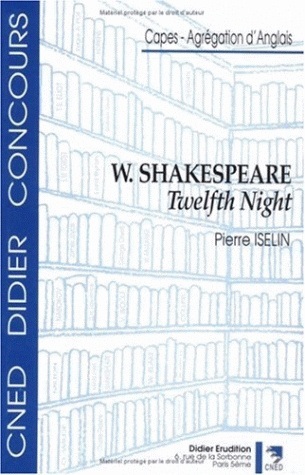

Référence: 9782864602521

Expédié sous 24h à 48h.

Pour les particuliers, merci de commander sur www.vg-librairies.fr
